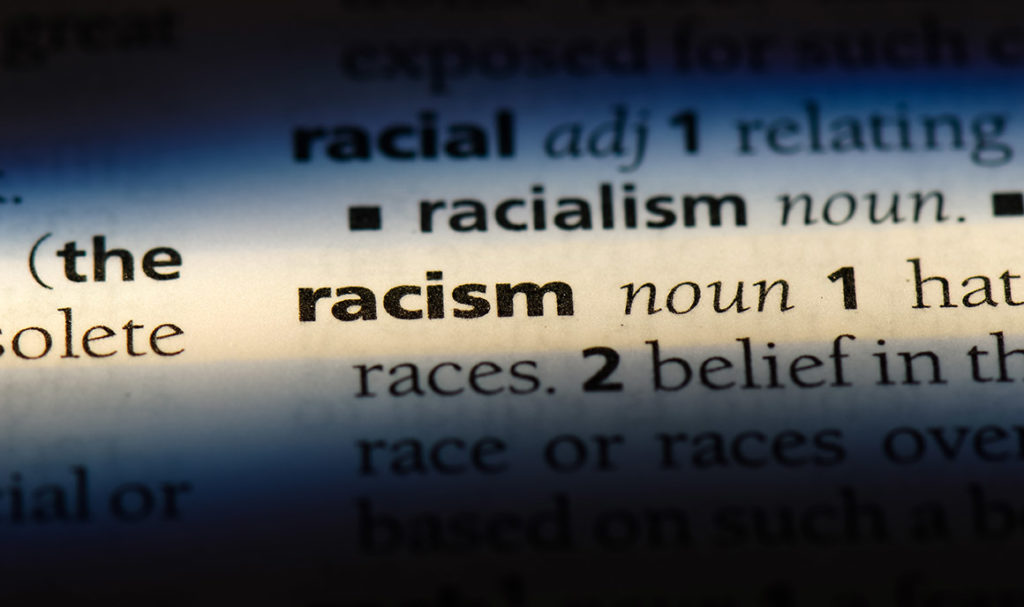Australia/Israel Review
The Last Word: Two Forums and a Public Hearing
Jun 30, 2022 | Jeremy Jones

How can interfaith dialogue respond to ideologically motivated extremism? I was recently asked this precise question at two forums, as well as at a parliamentary inquiry.
The first of the forums was the National Social Cohesion and Inclusion Conference organised by the Australian Baha’i community. This gathering of representatives from a wide variety of Australian religious, ethnic and cultural organisations convened to “explore the various settings, approaches and methods which help to foster greater social cohesion and inclusion in Australia.”
While the atmosphere was overwhelmingly positive, the shadow of recent challenges to social cohesion was ever-present. The stresses of COVID-19 and government public health responses and the palpable increase in racism and other abuse in the online space (and the physical one) were a backdrop to the discussion.
In a round-table session, I was asked about the challenges of racist and antisemitic extremism. It was in this context that interfaith dialogue entered the conversation.
One challenge in a field with contested ideas is to identify and promote role models – to portray success in producing desired change as something which comes from reaching out and working together, rather than from scapegoating, excluding or promoting racial division.
A few days later, I was asked, together with Dr Colin Rubenstein, to speak on behalf of AIJAC at a public hearing of the Victorian Parliamentary Inquiry into Extremism. We covered a good deal of ground, including the online ecosystem which radicalises and sometimes directs recruits to be part of a racist war on social cohesion; the activities of religious as well as racist extremists; and the utility of strategies to keep the community as safe as possible.
We noted that far-right and extremist activity is far from a recent phenomenon in Australia but that online media has reshaped its operation and potential impact; that conspiracy theories (very often antisemitic) are at the heart of the worldview of most extremists; and that anti-terror and anti-racism laws have a part to play.
Many of the questions we received related to the role of education in enabling people to see racism for the destructive philosophy which it is. The premise for this is the proposition, outlined in our submission, that the fortunately few genuinely evil people need to have their behaviour addressed through punitive measures, while different techniques are required to deal with well-meaning individuals who are confused and misled.
We noted that tailored programs are required, as there will be vast differences in what motivates and sustains extremist beliefs, and that visual portrayals of leaders and popular cultural figures of different backgrounds behaving as friends and cooperating for the good of society is powerful imagery.
The second forum, organised by Macquarie University and the Affinity Intercultural Organisation, was on “Faith, Social Cohesion and Community Resilience.” This combined the themes of the conference organised by the Baha’i Community and the Victorian Inquiry, with a good mix of academics, media, government representatives and community activists taking part.
Academics from Australia and abroad, together with a number of leading religious figures, put their minds to considering how supporters of social cohesion can win the contest of ideas.
The panel on which I spoke was titled “Empowering Religious Leaders and Communities: What is the Role of Faith in Building Social Cohesion?”
All panellists had positive stories to tell, noting changes in our society as well as in the hearts and minds of some individuals who had originally been hostile to a positive model of social cohesion.
One keynote speaker, Prof. Greg Barton, emphasised that to detach followers from extremist leaders, a compelling alternative narrative was needed.
To this end, the theme of my panel was how interreligious cooperation and its success in Australia constitutes such a narrative.
The challenge for all of us is packaging the promotion of this reality in a way which does not simply inform, but inspires.
Tags: Australia, Interfaith Dialogue, Racism, extremism






